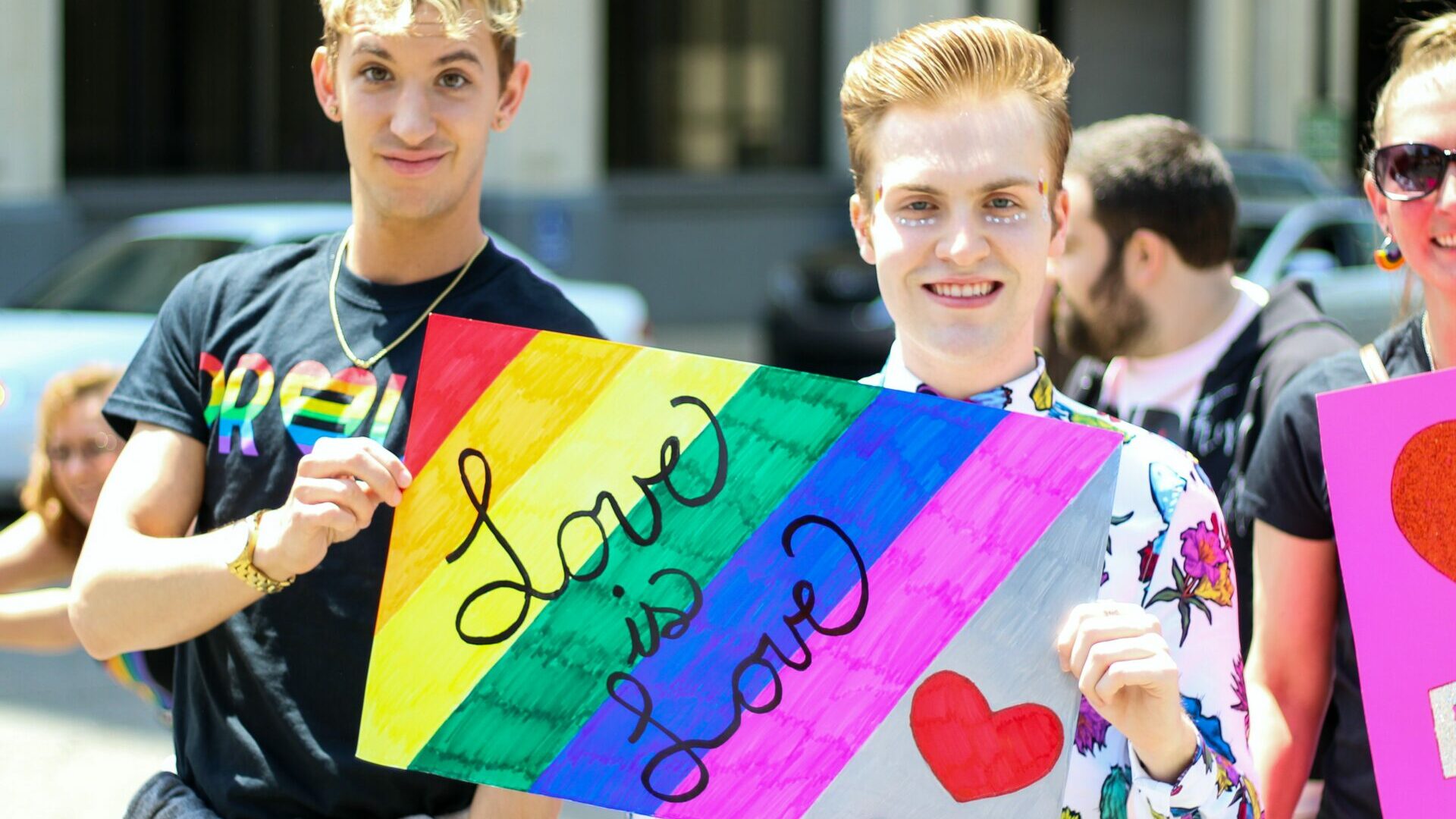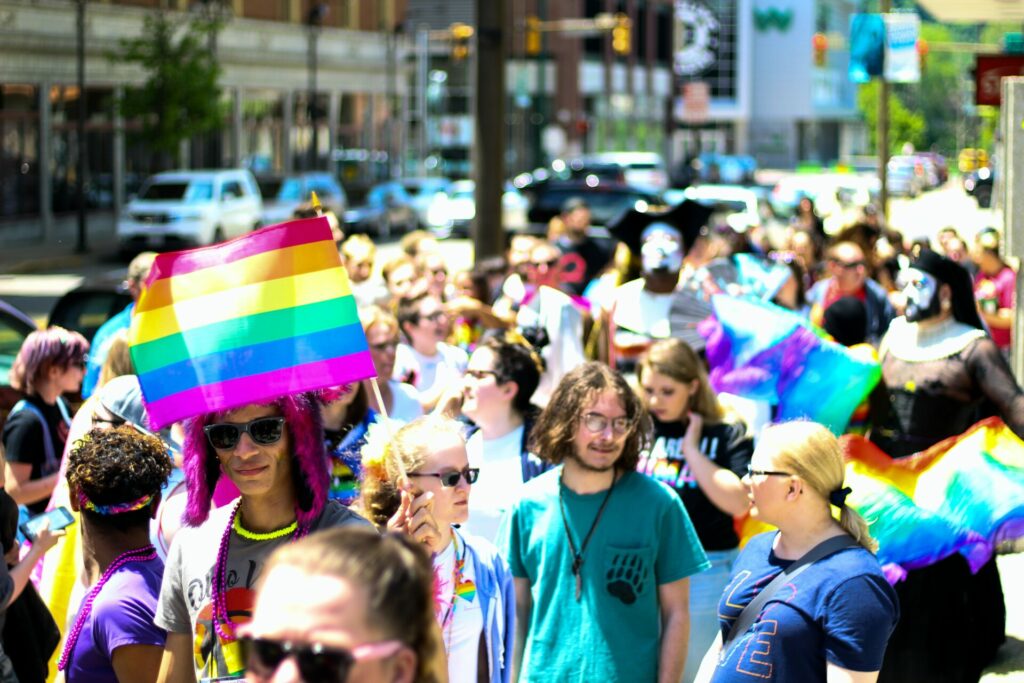LGBTQ+ young adults earn less than straight peers, report finds
“Our research shows that the treatment of LGBT+ people in British society today is preventing young adults from thriving at work,” Just Like Us' Amy Ashenden has said.

According to the LGBTQ+ charity Just Like Us‘ research, 24% of LGBTQ young adults earn less than their straight peers.
The charity’s recent survey found that both LGBT+ identity and gender had an impact on salaries.
24% of LGBT+ young adults make less than £19,999 per year, compared to 16% of non-LGBT+ young adults.
Within this, 34% of asexual young adults and 33% of lesbian young adults were the most likely to make £19,999 or less per year. 25% of non-binary people and 17% of LGBT+ men made less than £19,999.
Meanwhile, straight women were “almost twice as likely” to have a salary of less than £19,999. This was compared to 12% of straight men.
Additionally, transgender young adults were also the least likely to be employed. 56% said they did not have a job. Gay men were the most likely to be employed at 64%.
14% of LGBTQ+ young adults said they rarely or never felt able to be themselves at work – Just Like Us
Just Like Us also found that 25% of LGBTQ+ young adults had gone back into the closet since starting work.
Gay men were most likely to (31%). The least likely were those questioning their sexual orientation or gender identity (20%).
Of the 3,695 LGBTQ+ young people aged 18 to 25 surveyed, 19% have experienced bullying in the workplace. This is compared to 14% of non-LGBTQ+ young adults.

Overall, gay men and asexual young adults were most likely to say they had been bullied at work (both 23%).
Of the LGBTQ+ young adults surveyed, 14% said they rarely or never felt able to be themselves at work.
This figure jumped to 20% for transgender respondents, the most likely to say they could not be themselves at work. Such data comes as the atmosphere of trans rights grows increasingly hostile.
However, there are glimmers of hope. LGBTQ+ young adults are seemingly keen to find better support in the workplace.
46% are currently or have previously been part of an LGBT+ network at work. 42% said they would like a mentor to support them at work.
“LGBT+ young people deserve to safely be themselves at school, home and work”
Amy Ashenden, the interim CEO of Just Like Us, shared: “It is extremely concerning that LGBT+ young adults face so many challenges in the workplace that, in 2023, a quarter go back into the closet when starting a job.”
“Our research shows young women suffer from lower salaries and a potential gender pay gap very early on in their careers, but LGBT+ women and trans people are hit even harder.”
Ashenden outlined that these high levels of workplace bullying and the pay gap is “a real cause for concern.” Ashenden calls for more to be done for LGBTQ+ inclusion in the workplace.
“Our research shows that the treatment of LGBT+ people in British society today is preventing young adults from thriving at work.”
“LGBT+ young people deserve to safely be themselves at school, home and work – there must be no exceptions.”
Just Like Us’ full report is set to be published on 1 June.
